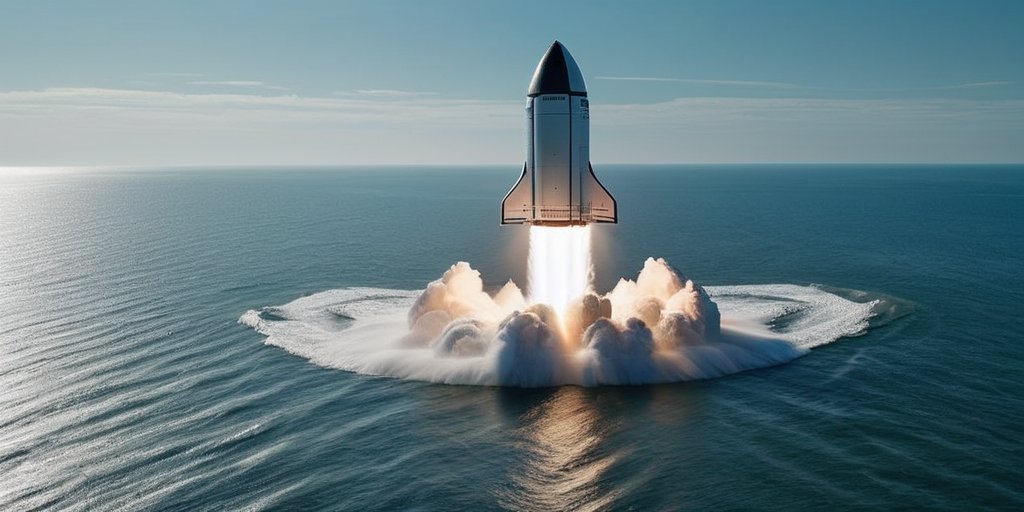In a politically charged backdrop, astronauts Suni Williams and Butch Wilmore are finally returning to Earth after an extended mission at the International Space Station, which garnered significant media attention and sparked controversy over the Biden administration’s handling of their return. The Crew-9 mission was originally intended to last a shorter duration, but a complicated situation arose when the Boeing Starliner they were scheduled to return on malfunctioned. This led to an unexpected nine-month stay in space, culminating in their scheduled return aboard a SpaceX Crew Dragon capsule.
President Donald Trump, alongside SpaceX CEO Elon Musk, has criticized the Biden administration, alleging that Williams and Wilmore were effectively abandoned during their extended stay. In media remarks and social media posts, both figures have suggested that the NASA decision to keep the astronauts in space was motivated by political rather than scientific considerations, implying potential disregard for the astronauts’ well-being. Trump has stated that the administration’s actions were detrimental and could have been handled differently to ensure the astronauts were returned home more promptly.
The timeline of events leading to Williams and Wilmore’s extended stay involved NASA deciding that the risks associated with using the malfunctioned Starliner were too great. Consequently, the agency opted to fold the astronauts into the existing Crew-9 team, which included their eventual ride home with fellow astronauts Nick Hague and Russian cosmonaut Aleksandr Gorbunov.
The decision to extend their mission triggered controversy, with Musk claiming that SpaceX had the capability of bringing the astronauts home months earlier but was denied the opportunity due to perceived political motives from the administration. These claims have entered public discourse, prompting discussions around space exploration governance and political influence over NASA’s operations.
In response to this narrative, officials from NASA affirmed that there was never a formal communication from SpaceX regarding any such offer, dismissing Musk’s claims as unfounded. This complex situation raises important questions about how governmental politics intertwine with scientific missions and what implications these interactions have for future space exploration initiatives.
Overall, the situation encapsulates not only the challenges of space travel but also the geopolitical implications that can arise in the context of international collaboration in space exploration. Williams and Wilmore’s mission demonstrates the highs and lows of human spaceflight, revealing both the resilience of astronauts in the face of unexpected circumstances and the scrutiny that governmental decisions can face when handling complex scientific missions. As their capsule prepares for splashdown, the world watches closely, not only for their safe return but for the discussions their extended journey has ignited about the future of space travel administration and international collaboration.
